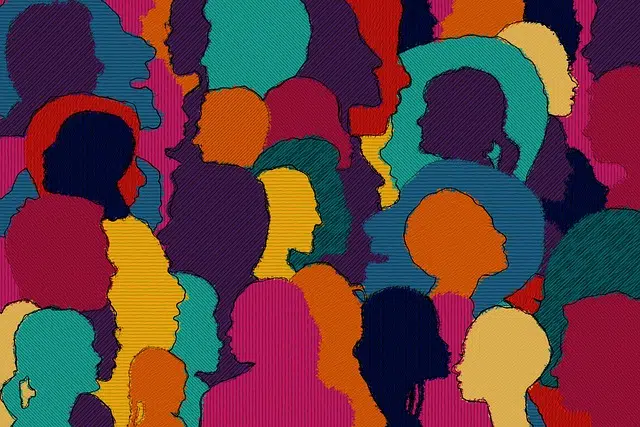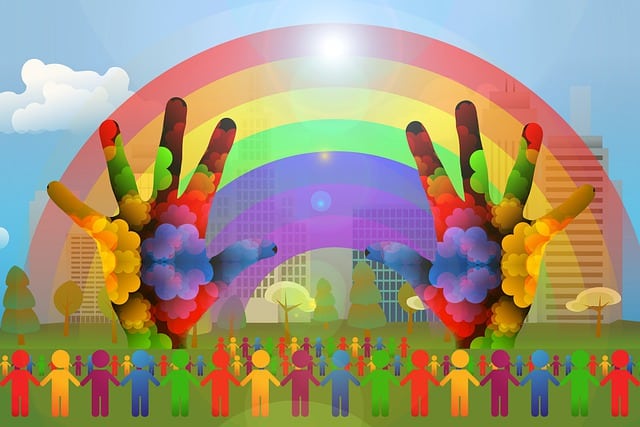
Pluralism is associated with the coexistence of elements, things or individuals that are very different from each other.
Pluralism is a concept that has applications in various areas and is linked to the plurality and coexistence of very different things . A plural system is one that accepts, recognizes and tolerates the existence of different positions or thoughts .
In the sphere of politics , pluralism implies the participation of various social groups in democratic life. This means that pluralism values and even promotes that sectors with different ideologies are part of the electoral processes or the decision-making of a government , for example.
Social, cultural, ideological, religious and ethnic heterogeneity is protected by pluralism. A pluralist government, in this sense, does not exercise the monopolistic representation of a single social sector, but rather builds its power through dialogue and debate. It is, therefore, about expanding the base of power .
The concept in philosophy and theology
In philosophy , pluralism is a metaphysical position that considers the entire world to be composed of independent and interrelated realities. This position differs from monism , which defends that reality is one.
Theological pluralism is the notion that believes that all religions are useful paths to God . Christianity, Judaism and the rest of the predominant religions of the Western world consider that God is one, even though he receives different names and is worshiped in different ways. Each religion , however, usually calls itself the valid way to approach God .

Pluralism can be related to diversity.
Ethical pluralism
If the principles of pluralism were applied to ethics , then it would be correct to admit that in that branch of philosophy that deals with morality there is not only one valid vision on the same issue; In other words, it could be considered that ethics is a subjective subject that admits multiple ideas and foundations. In this way, it would be possible to accept different points of view to analyze the same behavior, understanding that all of them would respond to ethics.
The most used example to understand ethical plurality involves lawyers who must defend cases or trials against people accused of having committed rape, kidnapping, murder or drug trafficking. In these cases, some professionals prefer to stay aside, since they do not want to be part of the release of a dangerous criminal, and only agree to work on these defenses when they have close knowledge of the defendants, when they can assure that they are individuals. innocent
On the other hand, there are those who respect an ethical position that maintains that every person has the right to be defended, even the most feared of criminals, and that it is precisely lawyers who have the obligation to assume said defense.
Diversity of thoughts and opinions
Depending on the sensitivity of each person, certain causes may seem just or unjust, as occurs with self-defense. Should he pay in the same way as a murderer who reacts to an attack by stabbing his attacker? When observing the social reality of some countries, it is clear that ethics is not exactly an exact science ; A quick look at our planet shows us that while there are those who consider homosexuality a crime , others leave unpunished those who cruelly torture, humiliate and murder a bull in front of a bloodthirsty crowd.
Many lawyers claim to have specialized in areas such as Law so as not to face the difficult decision of whether or not to take on the defense of a rapist, for example, for fear of not being able to place the legal and constitutional right of every citizen above their own. convictions .
